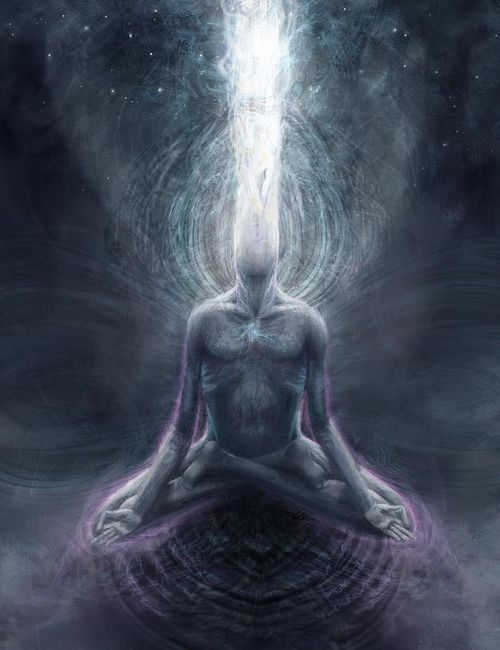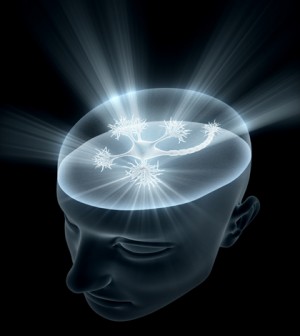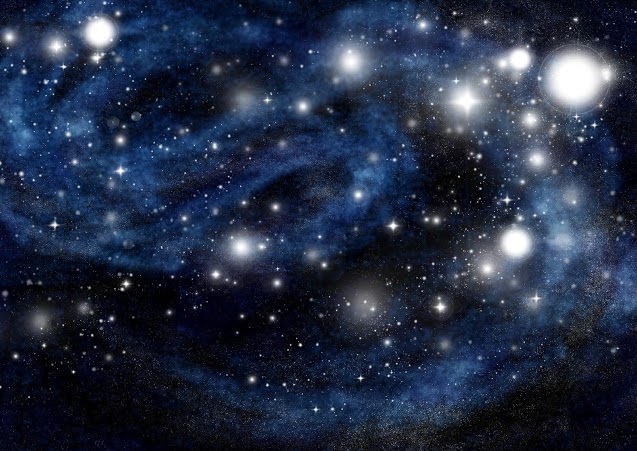A reader in America asks, “Can the people who have a natural talent to quiet their thoughts and clean their mind, not by effort and struggling, but only through insight, point the way for others?”
 I feel they can, or I wouldn’t be writing this column. However each person has to awaken meditation, or whatever name one gives it, alone.
I feel they can, or I wouldn’t be writing this column. However each person has to awaken meditation, or whatever name one gives it, alone.
But why does meditation matter? Because meditation, as I’m using the word, is both the highest and most foundational action of which the human being is capable. And because without learning how to quiet and empty the mind, one is inevitably sucked into the vortex of darkness that human consciousness has become.
But isn’t sitting quietly and observing one’s thoughts and emotions a form of navel gazing?
It can be, if solitude in nature isn’t at the core of meditation, rather than the psychologically incestuous fad of ‘group meditation.’ If we don’t have a relationship with nature, we don’t have a relationship with anyone or anything.
Another reader, from Turkey, strongly states the painful truth of the present age: “Without clearing the human mind of all limiting beliefs, the modern age epidemic of self-righteousness will prevail.”
Thought, the past and time are a single movement, suffocating the individual and humanity. I feel that if even one tenth of one percent of the people in the world regularly ended the observer/self in meditation, there would be a creative explosion and this sum of all dark ages would end.
The first reader proclaims, “as soon as you try to put this experience into words, your real experience and insight start fading away and thought invades back into the mind.”
True, but words aren’t the problem. Did Rumi lose his capacity for insight because he wrote beautiful poetry about so-called mystical experiencing? Did Bryon, or Dickinson?
One loses insight in writing or speaking only if one makes the word more important than the thing, out of a desire to make a name for oneself or some other motivation. As long as one is enquiring, and questioning oneself, one’s capacity for insight is not lost. But few do that, and most so-called thinkers are second-hand people, with little or no insight and inward life of their own.
Meditation is the effortless state of awareness that comes into being when the observer is negated. Is there really an observation in which there is no observer? It’s not only possible, it’s imperative for the brain to observe without the distorting prism of the program ‘I’ and ‘me.’ Though it’s difficult, one simply has to observe the observer, allowing awareness to grow quicker than thought. In doing so, the deep habit of thought splitting off from itself ends, at least temporarily. Then there is just observation.
Why do we accept the premise of the separate self? If we start from self we will end with self. ‘My self’ is not only an illusion; it’s a redundancy. The ‘Higher Self’ is nonsense imported from India.
The self is an emotionally driven program based on separation and fabricated by thought, which we imbue with permanence. For most people, the feeling of ‘me’ lasts a lifetime, with no true break. But for people who actually meditate, the continuity of the self ceases, at least for some timeless minutes every day.
But isn’t it the ‘I’ that has the desire to meditate? The urge doesn’t come from the ‘me,’ but from the feeling of imbalance and disharmony. The body, if one listens to it, prompts one to sit quietly and meditate, which provides a form of deep rest for the  brain.
brain.
Of course motivation, arising from the cognitive and emotional background of thought, is very subtle. That’s why continual questioning and skepticism of one’s motives are essential. That need not lead to self-doubt, though I would rather risk a day of self-doubt than a lifetime of self-ignorance.
When I was a young man, I noticed that the mind was always separating itself from its own content. So I unwittingly asked the right question: What is this observer that always seems to be separate from what it is observing?
One day, having forgotten my question after asking it for a few weeks, there was an explosive insight while watching a robin bounce around on the grass: The observer is the habit of separation, and the observer and the observed are actually a single movement!
At that moment all separation instantly ended, and one truly saw a bird, and everything else, for the first time. Just as the whole earth is in one’s backyard, the entire consciousness of humankind is within one.
What had the insight and saw the bird, one might ask? Simply the brain, with the senses fully awakened, fully present, without the mediation of words, memories, knowledge and experience.
Someone might still ask: How does one negate the observer? ‘How’ implies a method, the pitfall of all meditation techniques and systems. One must be done with methods for meditation to actually occur.
Nor is meditation a matter of avoiding judgments, evaluations, or reactions. One simply sets aside analysis, and observes everything as it arises, understanding that judgments are part of the entire field of thought and emotion. Judgments and evaluations are secondary, self-perpetuating reactions, and when one observes them as such, as part of the whole movement of thought/emotion, they fall away.
When the observer dissolves, there is just a single stream of thoughts and emotions. Observing without the observer, the whole mind/brain falls silent.
The ending of the observer is the perpetual beginning of newness. With diligence (which doesn’t imply goal and effort), psychological time also ends, and there is a renewal of innocence.
That is the state of insight, which is synonymous with the state of grace and the awakening of the immeasurable within one.
Martin LeFevre

